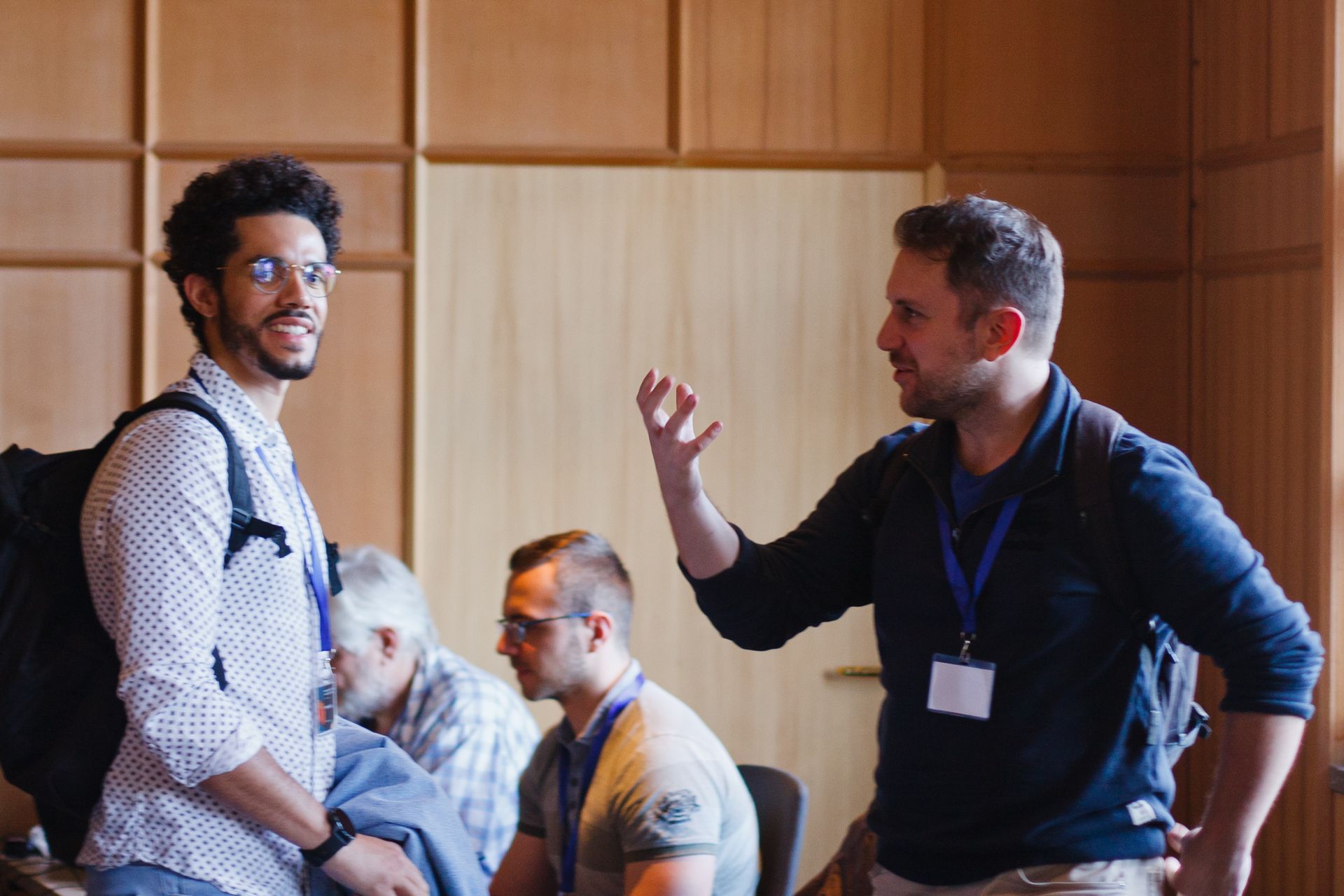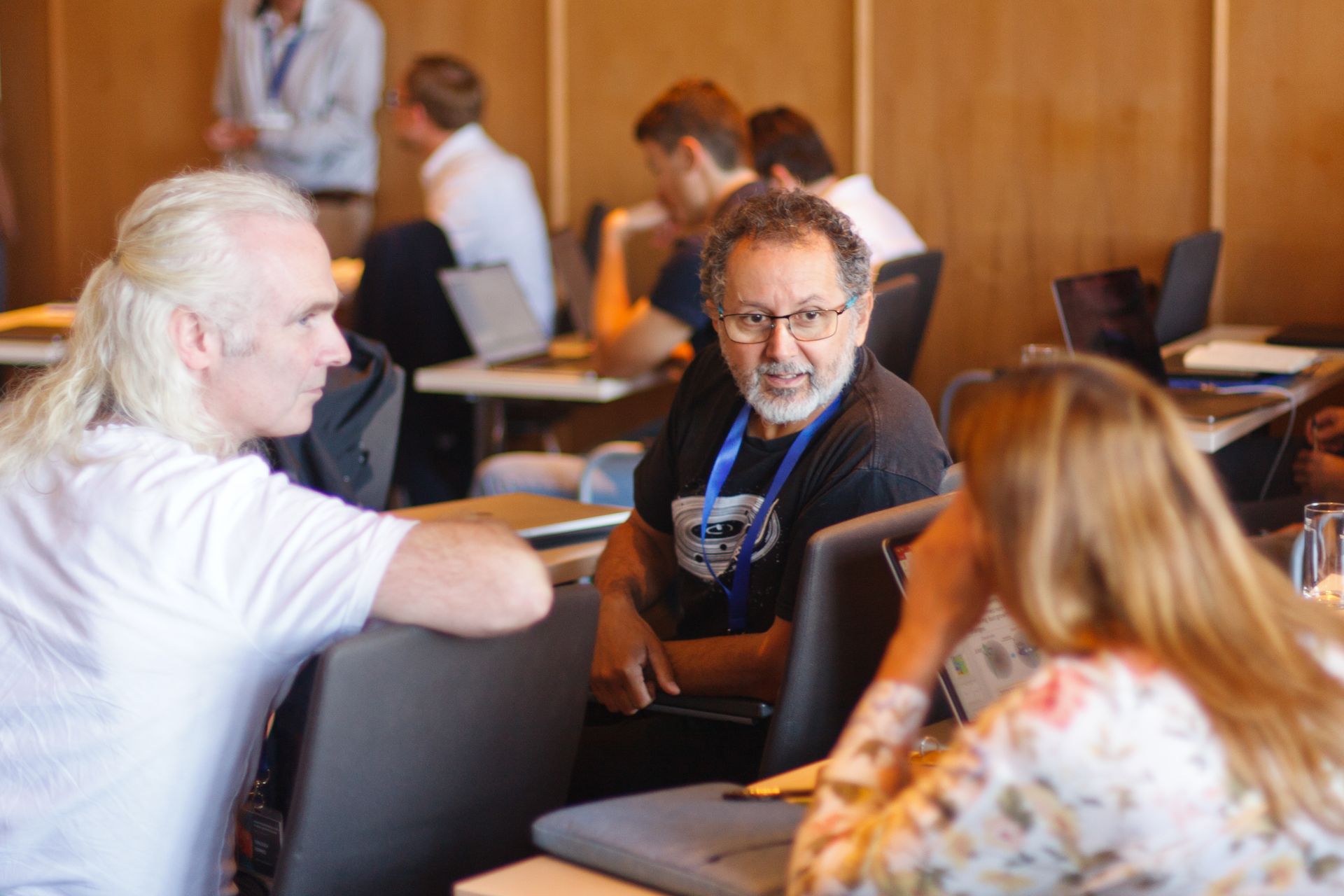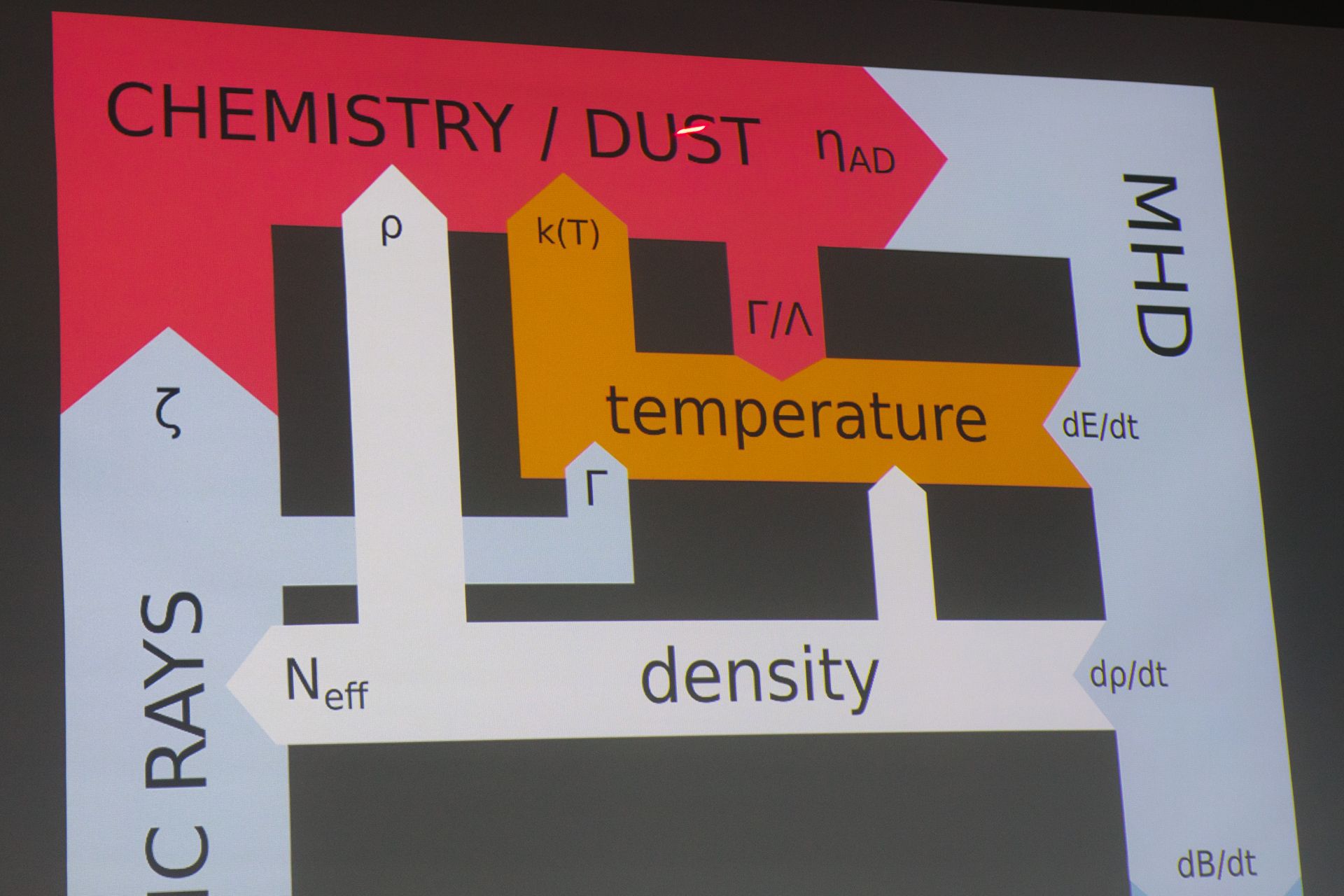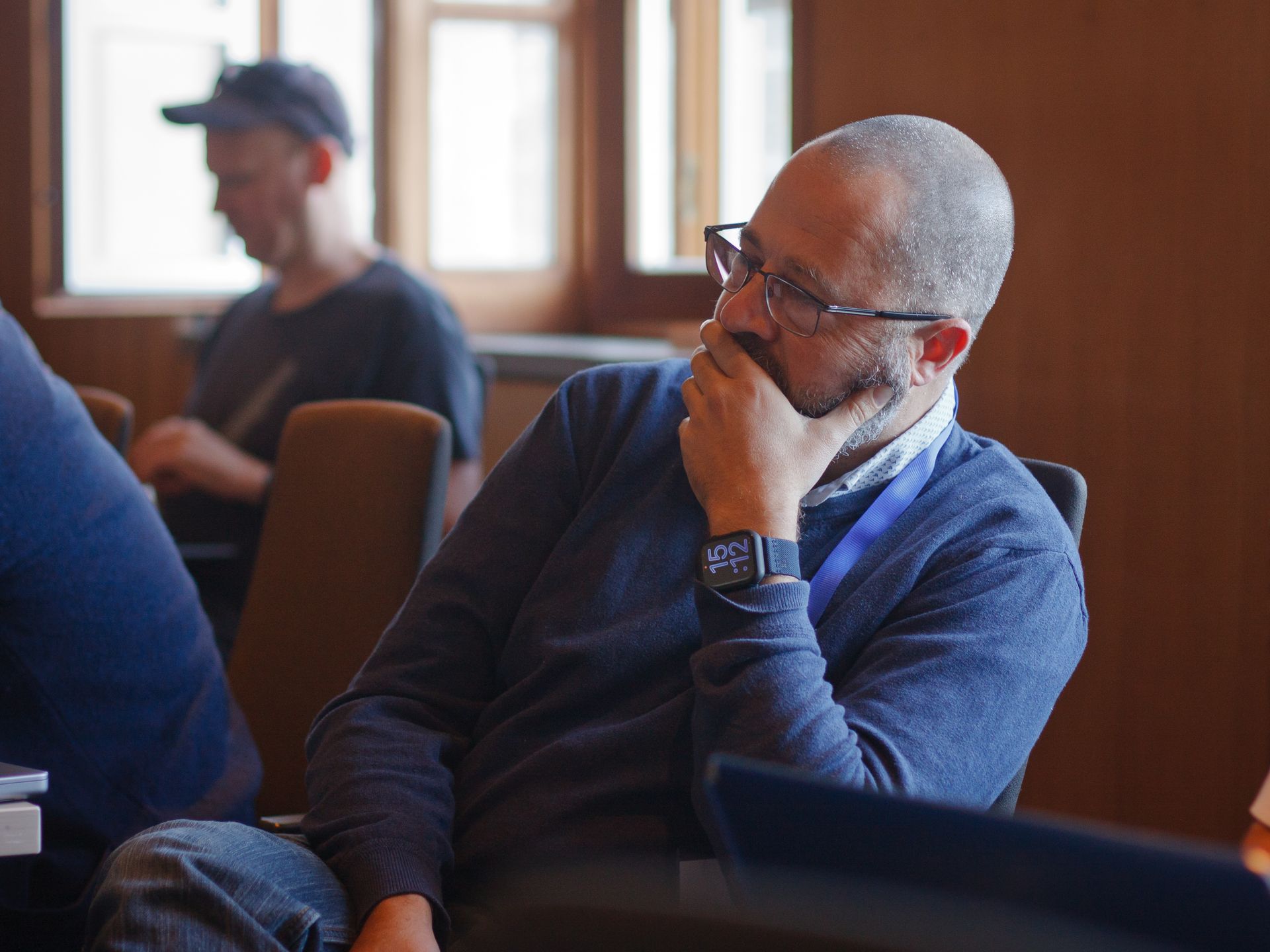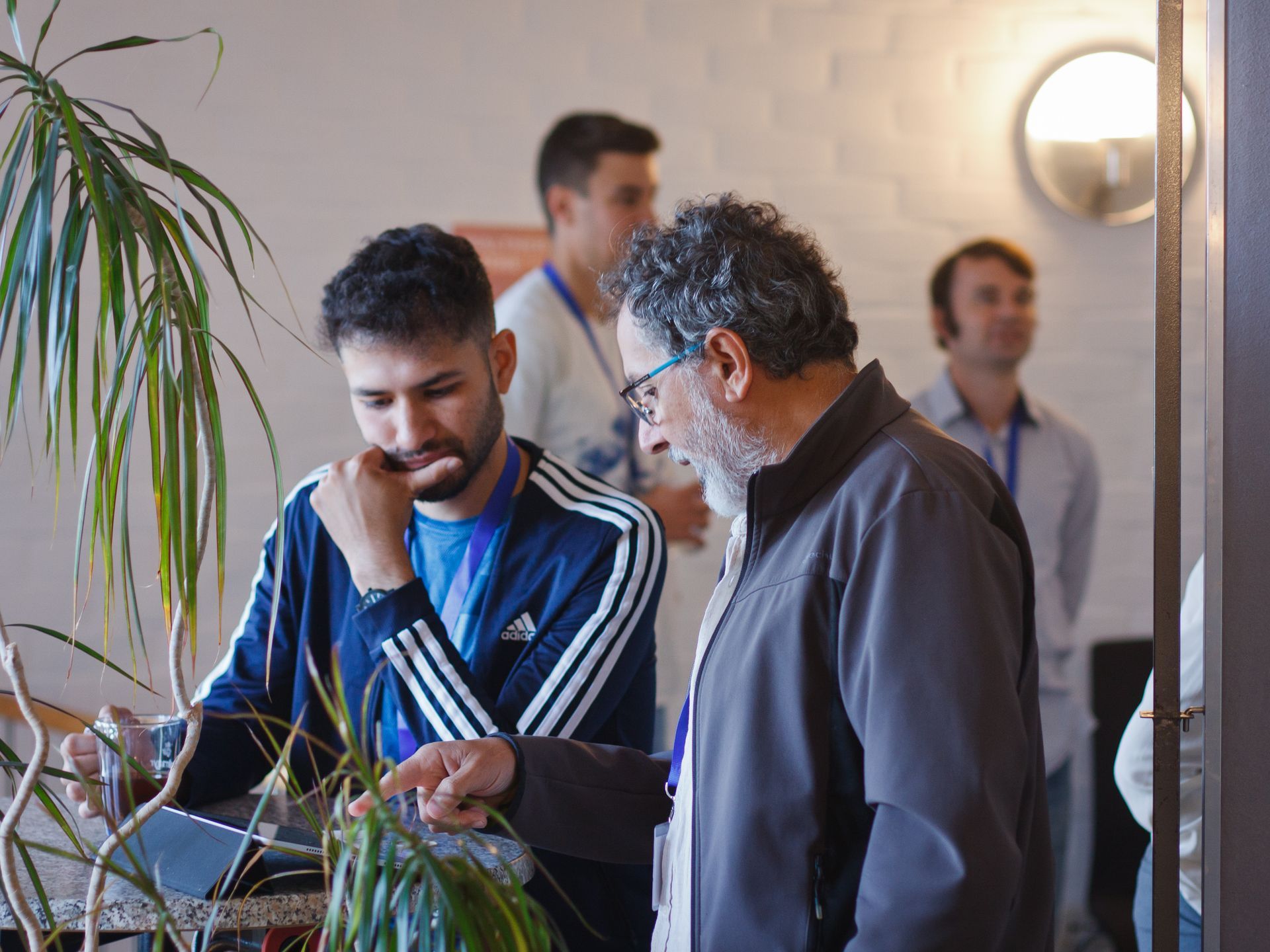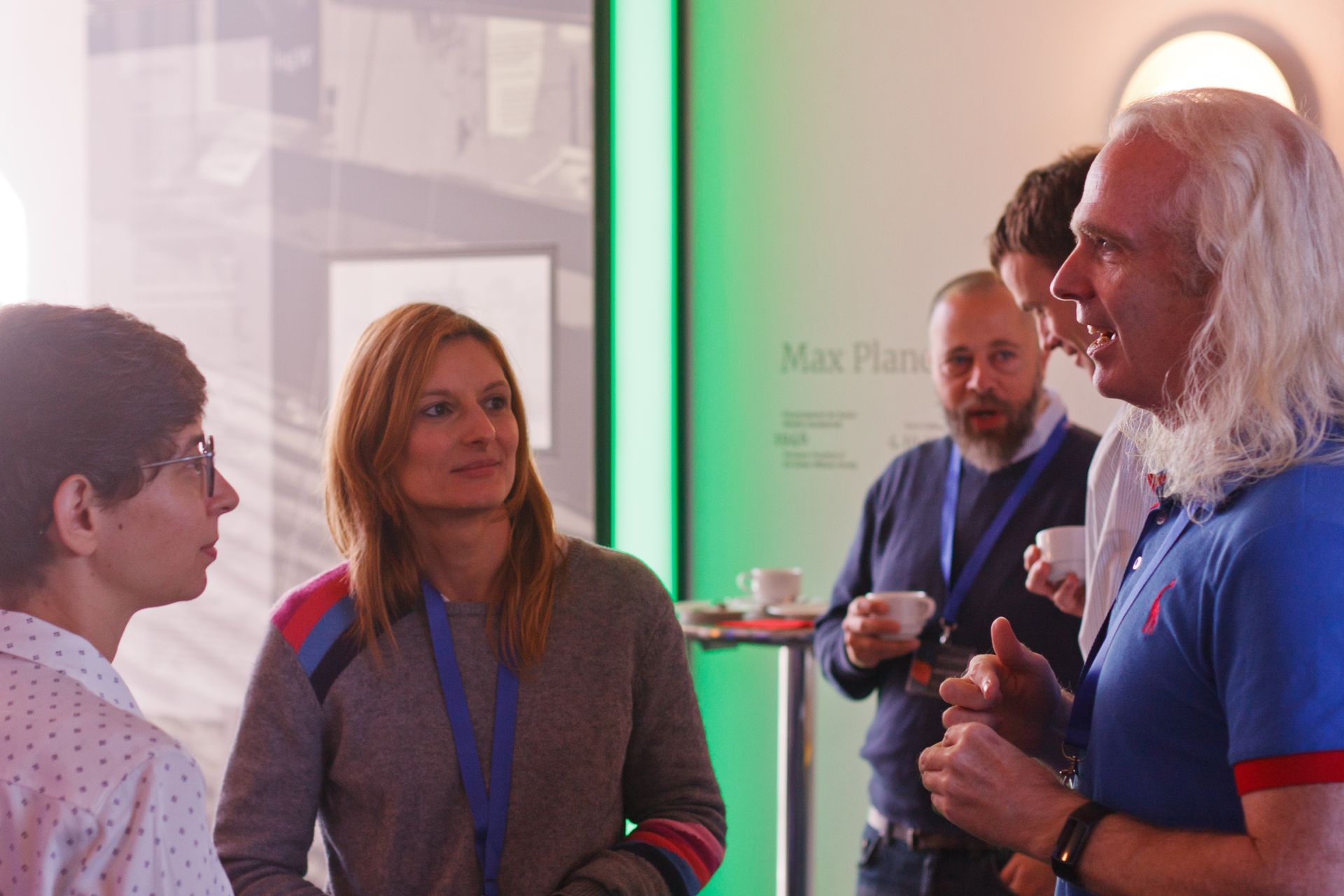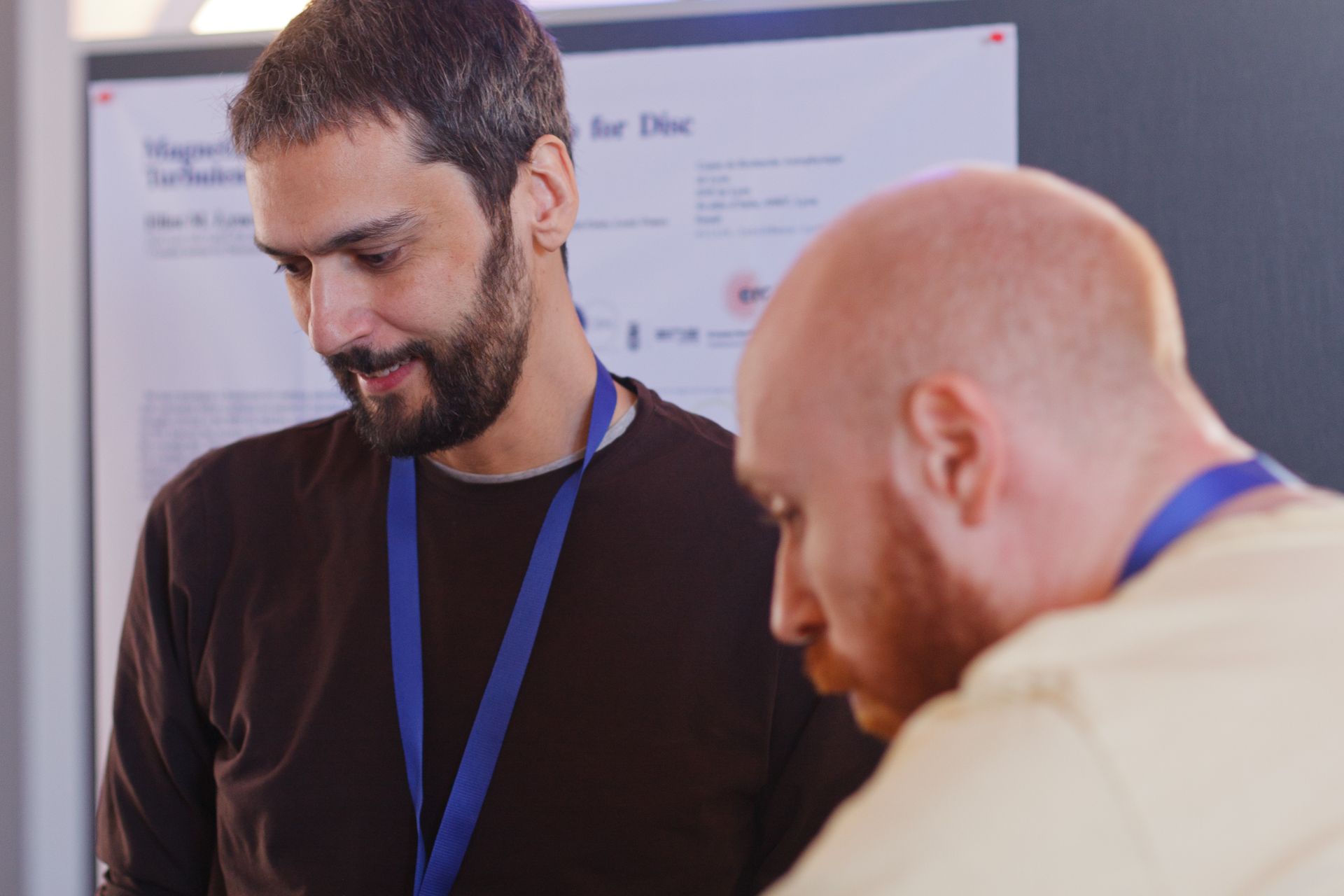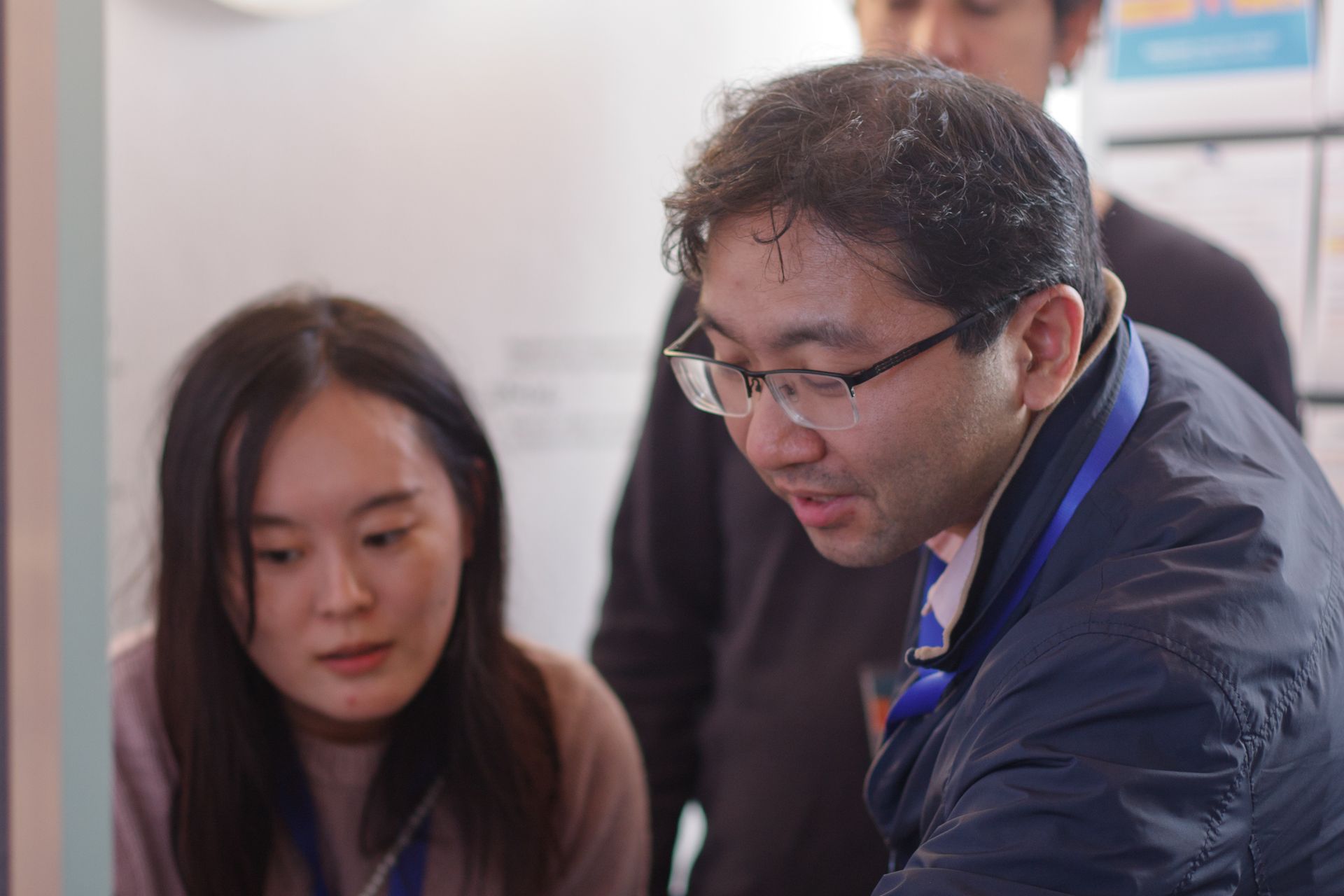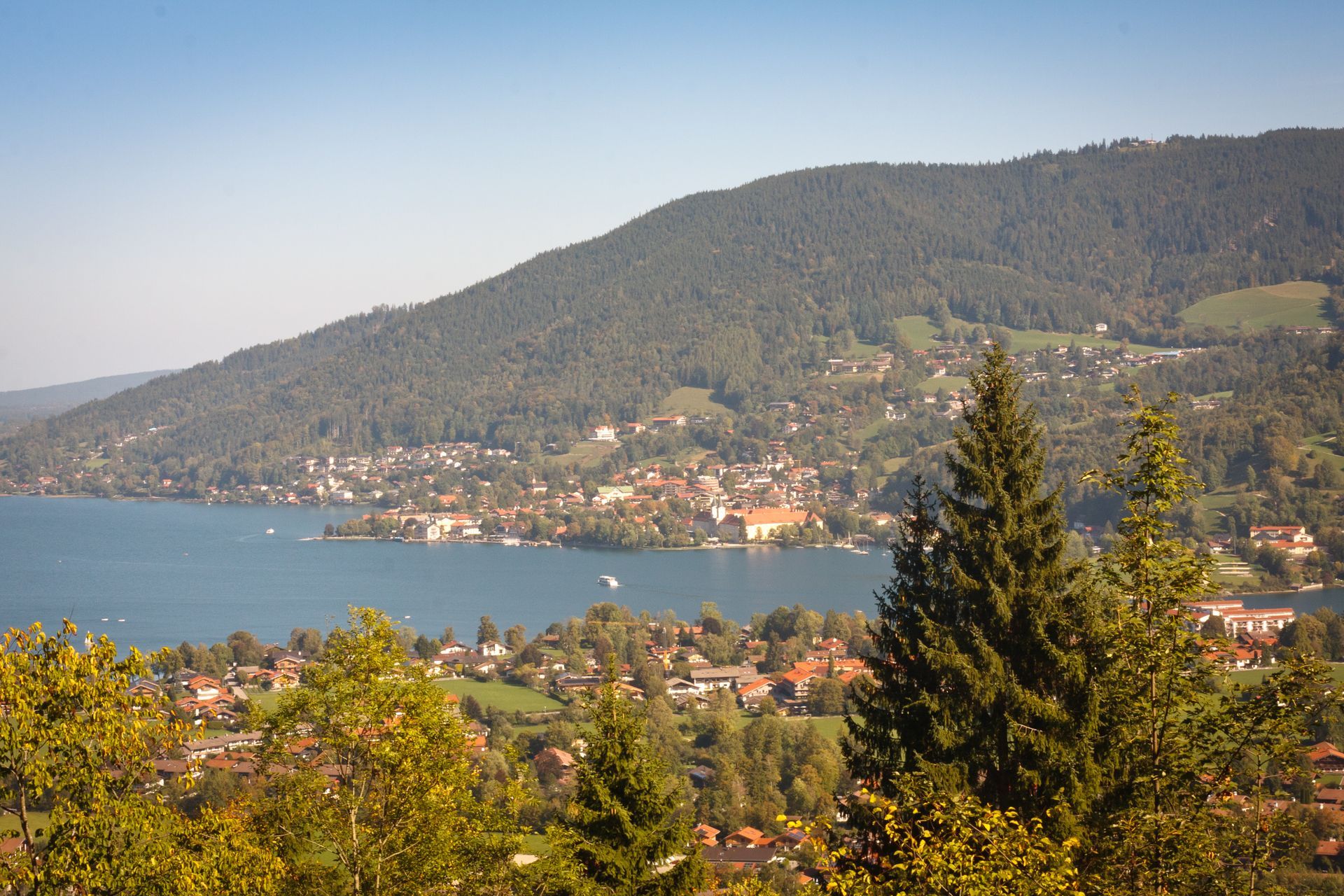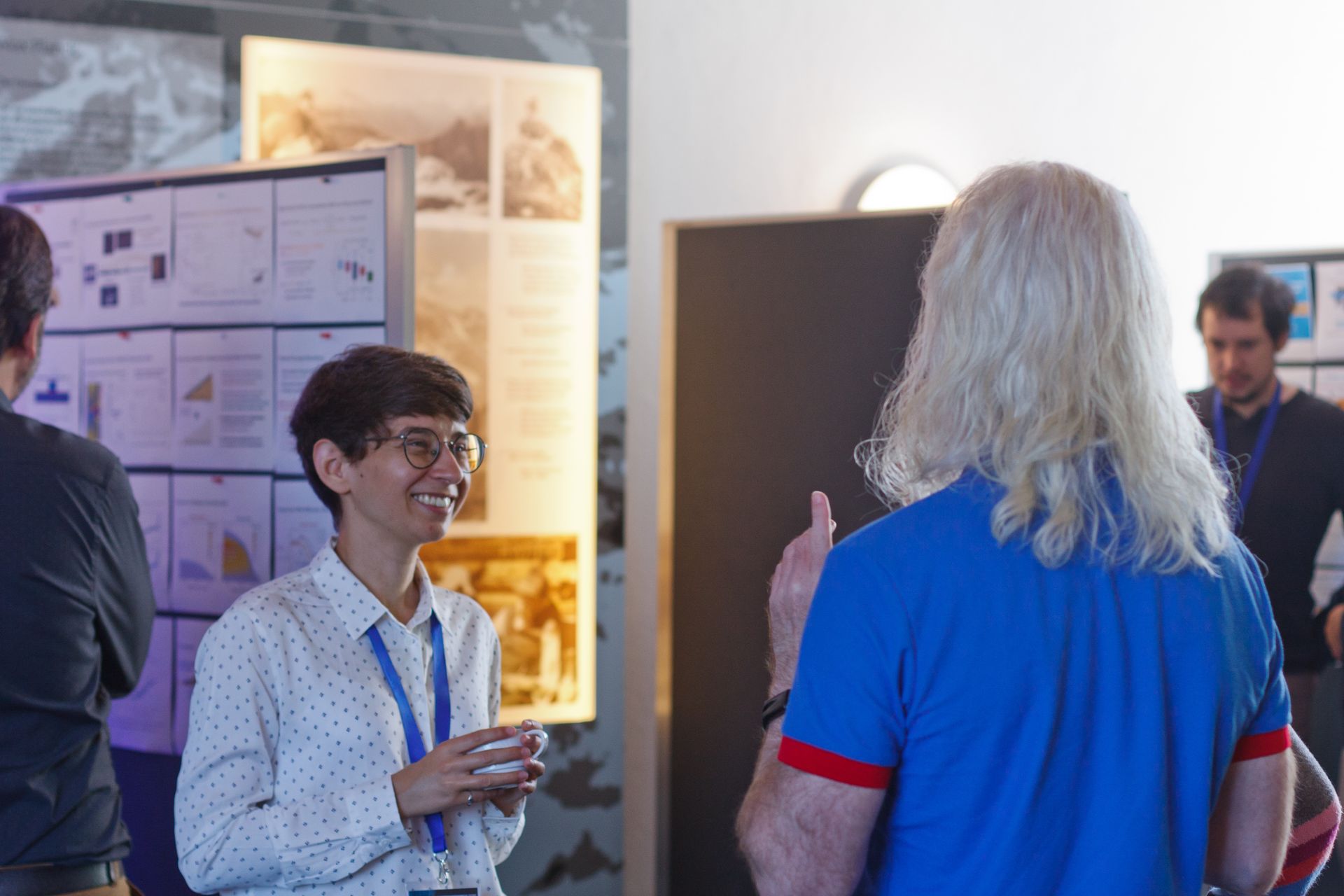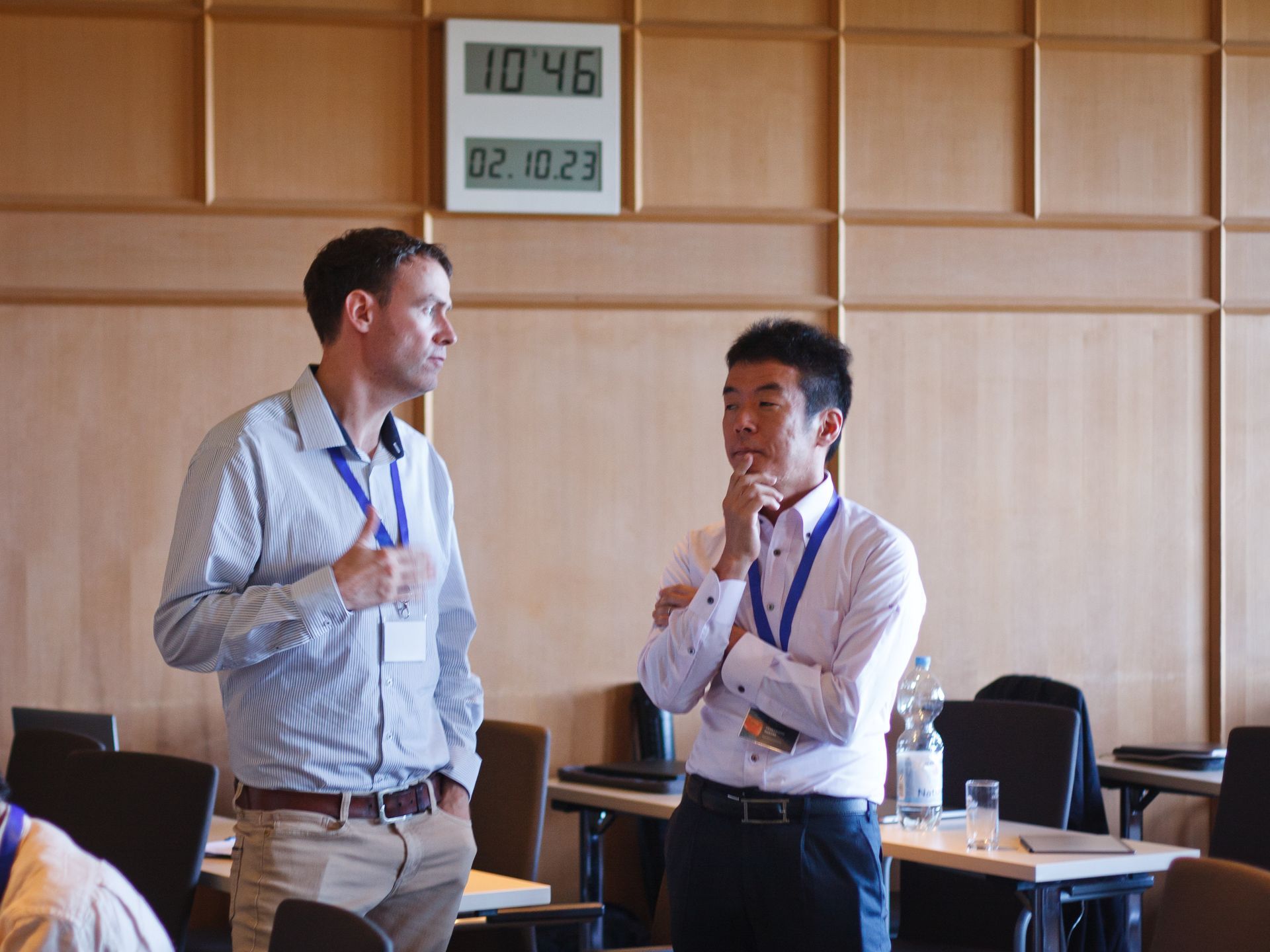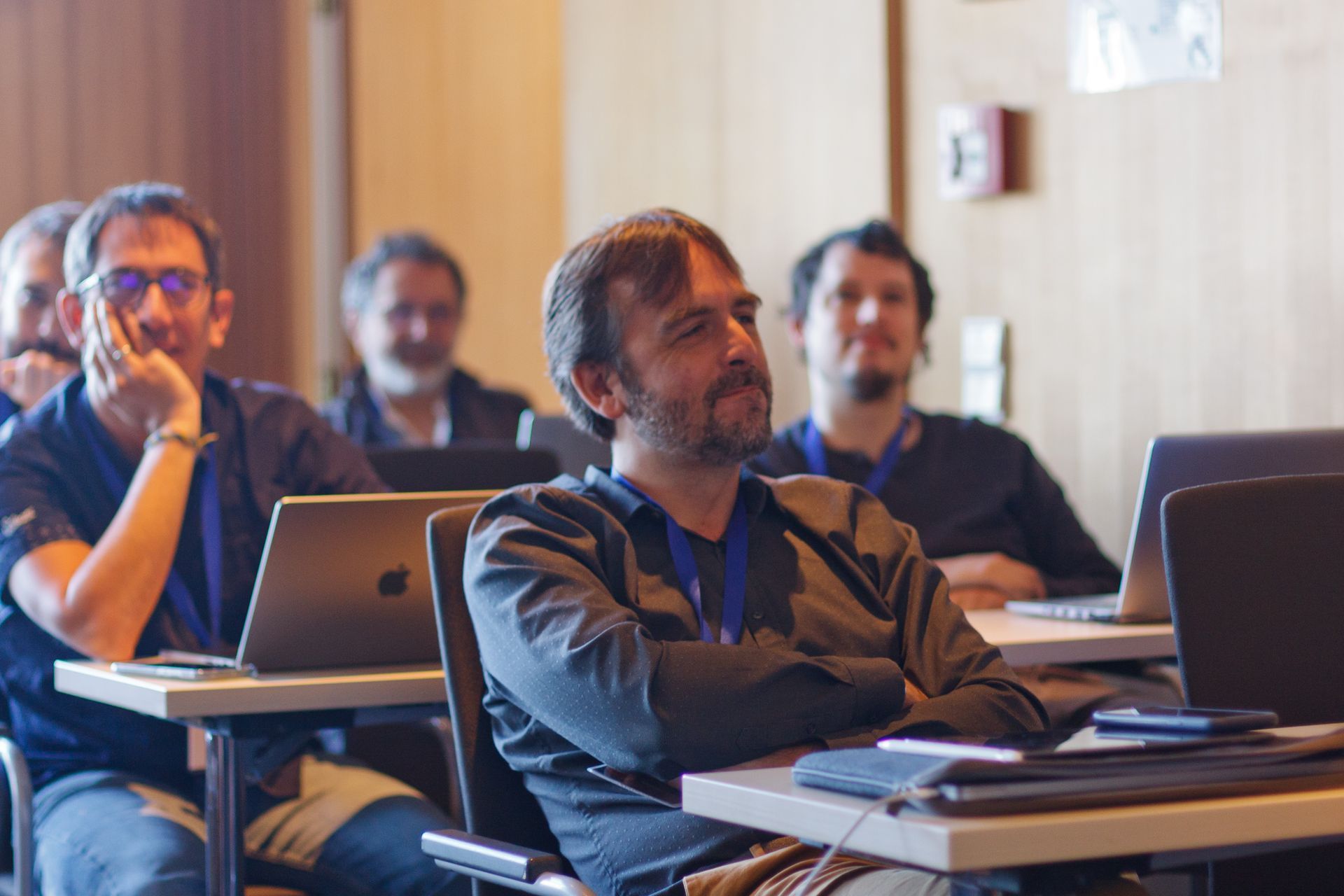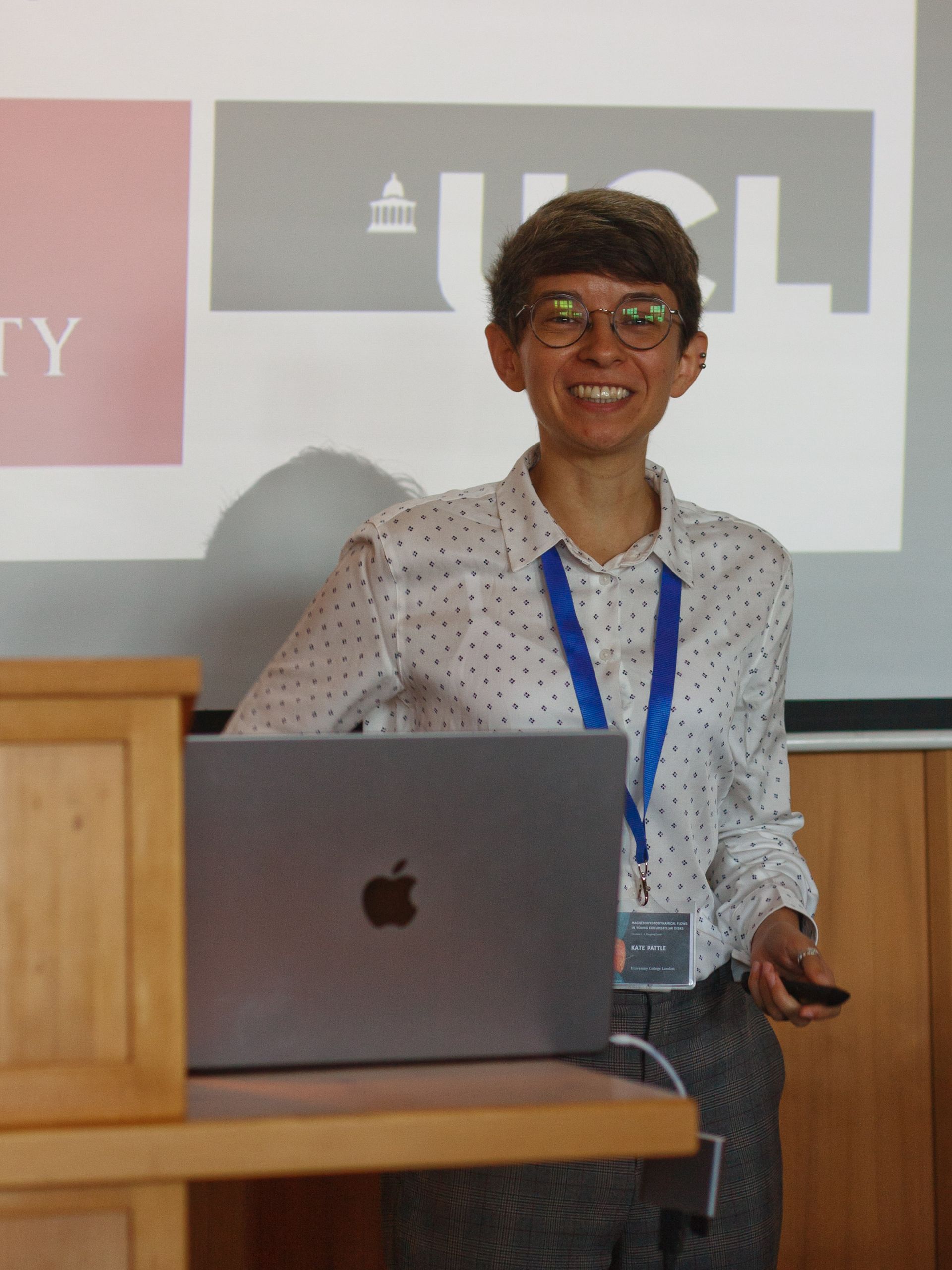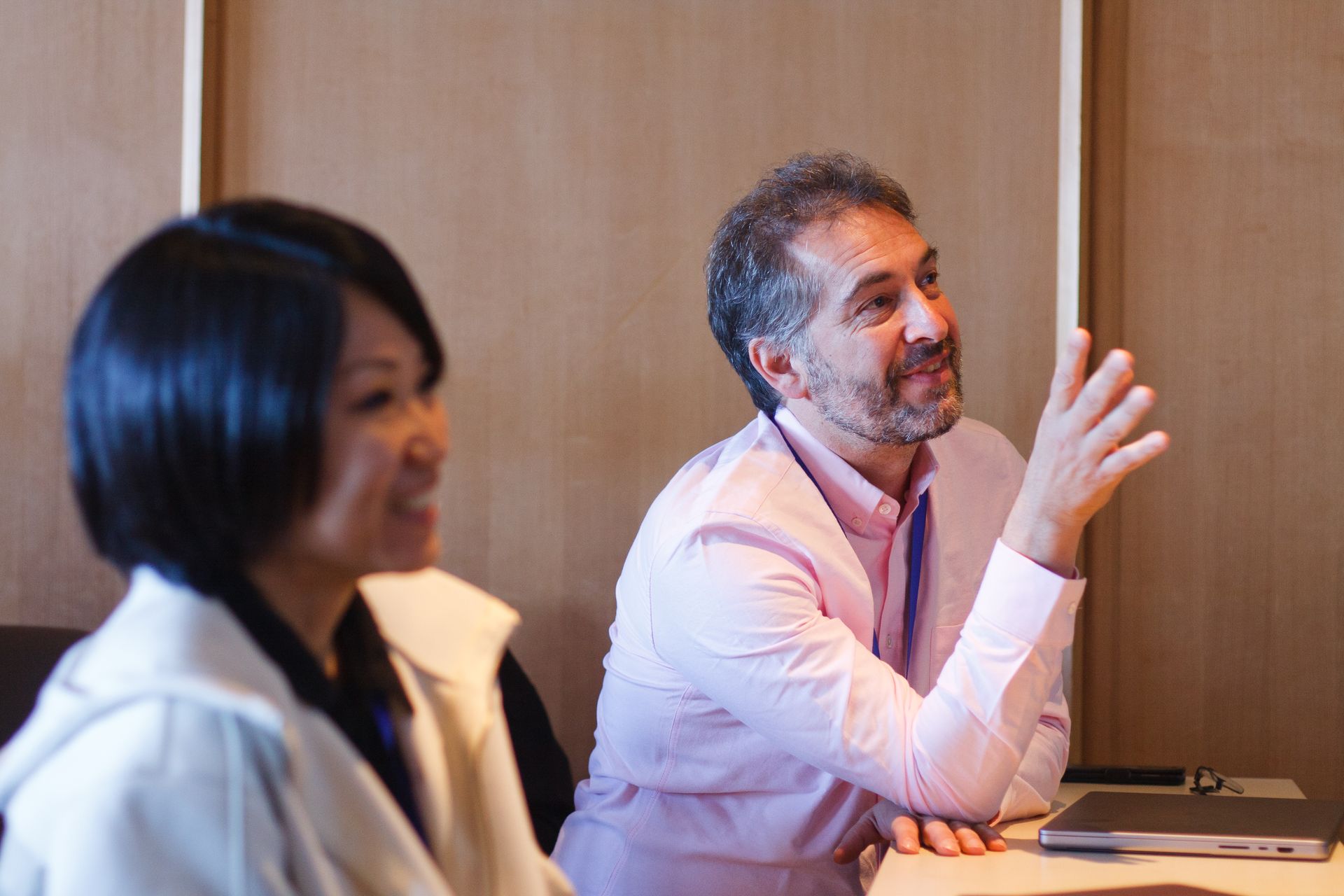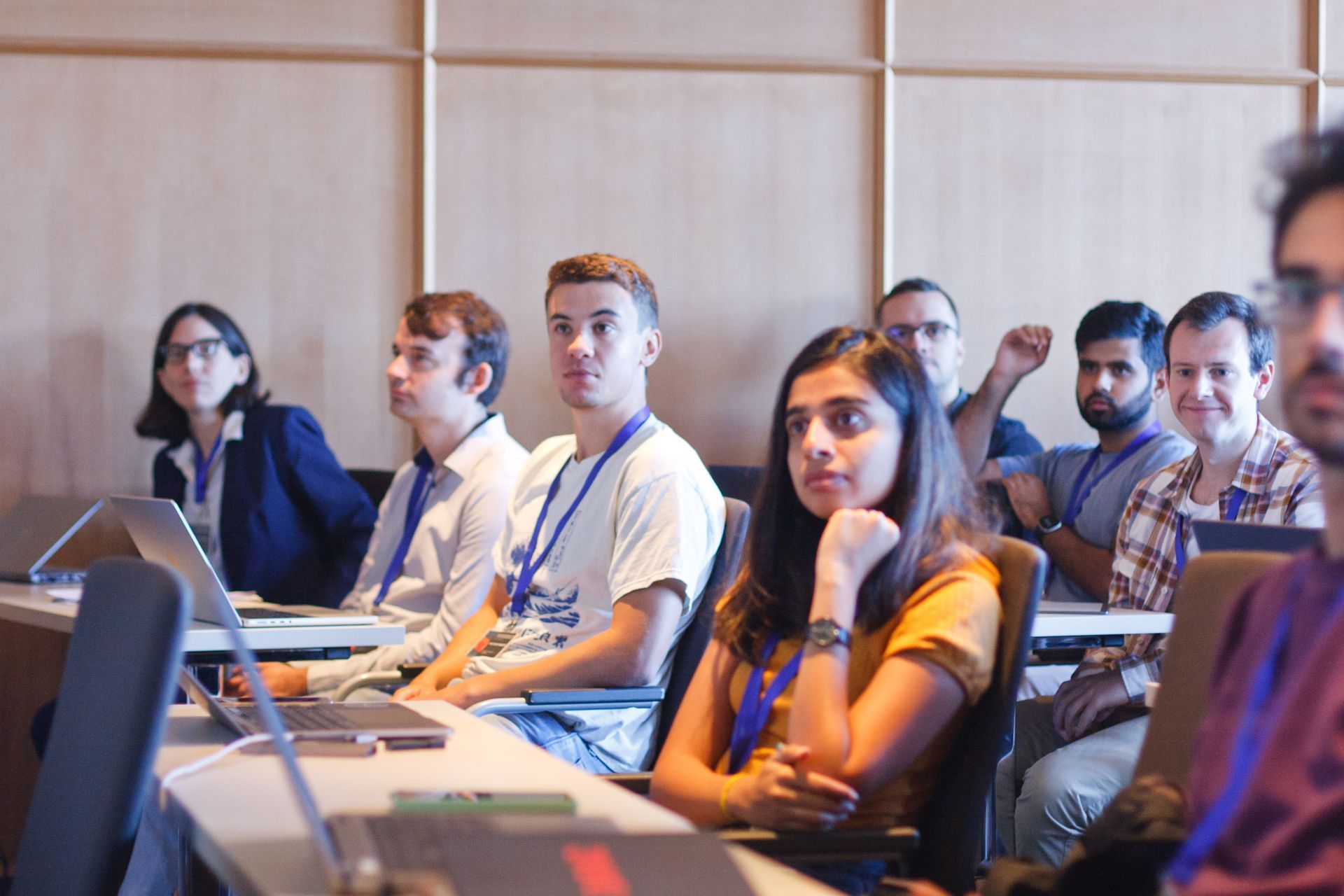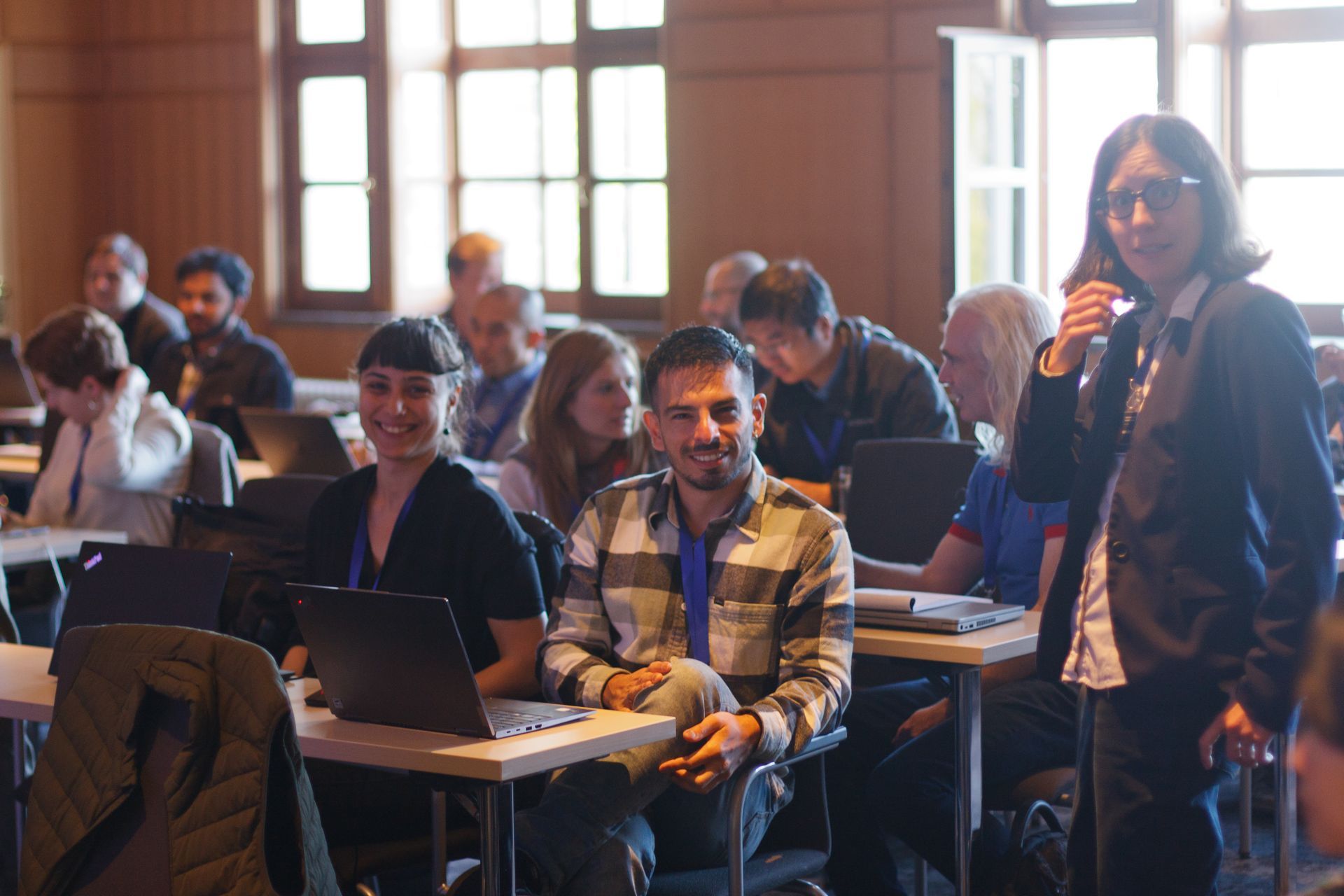Magnetohydrodynamical flows in young circumstellar disks
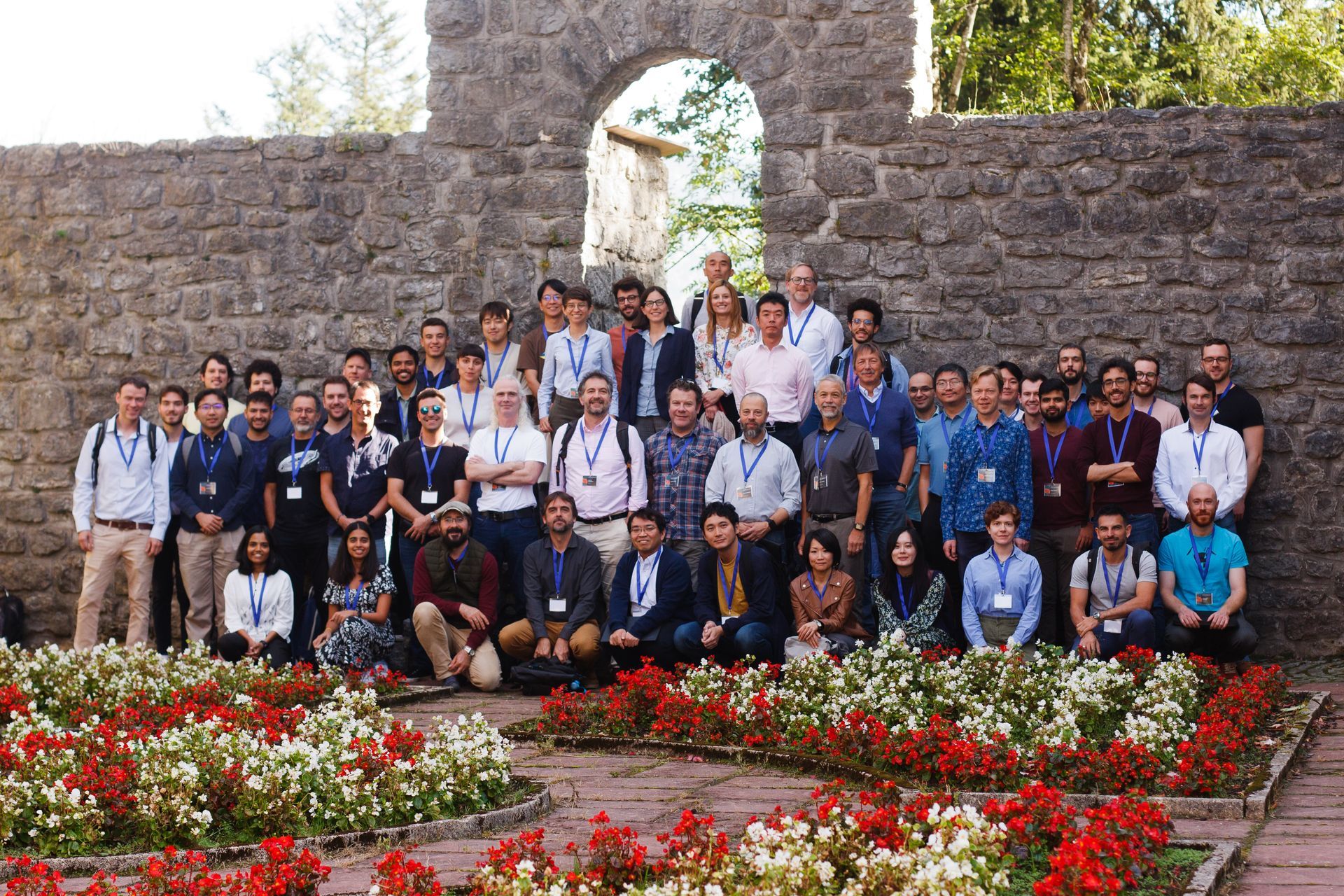
Focus workshop 1 - 5 October 2023
Magnetic fields crucially affect the gas dynamics in young circumstellar discs, and thus shape the gas and dust disk structure and its evolution. Implications range from where in the outer disk the dust grains can grow, over the formation of pressure maxima, that affect the concentration of pebbles, until the most inner regions, in which magnetic fields control the launching of magnetized winds and jets.
Consequently, the issue of magnetic flux evolution in young circumstellar disks (all the way from its initial collapse to its ultimate dispersal) is of central interest, and constitutes one of the most prominent unresolved questions in modern astrophysics.
Our goal for this workshop is to bring together experts in theory and observations of magnetic fields in circumstellar disks to answer key questions of modern astrophysics:
Consequently, the issue of magnetic flux evolution in young circumstellar disks (all the way from its initial collapse to its ultimate dispersal) is of central interest, and constitutes one of the most prominent unresolved questions in modern astrophysics.
Our goal for this workshop is to bring together experts in theory and observations of magnetic fields in circumstellar disks to answer key questions of modern astrophysics:
- What is the initial magnetic field configuration in a young circumstellar disk immediately after its formation?
- How does the magnetic flux evolve over the disk's lifetime?
- Which constraints from observations do we have on the topology and strength of the magnetic flux?
- What precise role do magnetic fields play for the disk wind and for the gas dynamics inside the disk?
Schedule
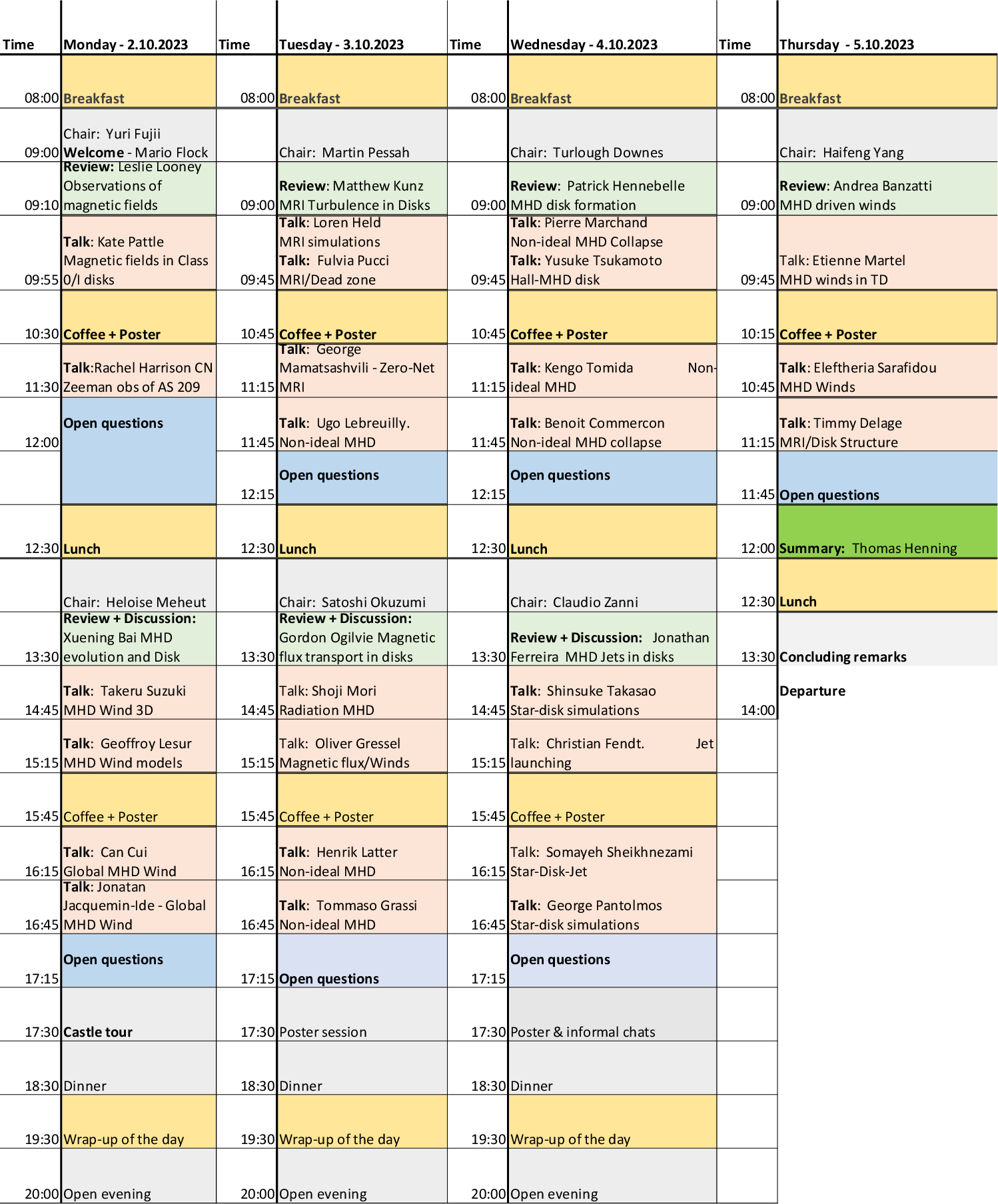
Serviceliste
-
Observations of Magnetic Fields in Disks: The Long and Winding RoadListenelement 1
Leslie Looney
-
Magnetic Fields in Class 0/I DiscsListenelement 2
Kate Pattle
-
Constraining Magnetically-Driven Disk Accretion Rates with Zeeman ObservationsListenelement 3
Rachel Harrison
-
Magnetized winds and evolution of protoplanetary disks: an overviewListenelement 4
Xuening Bai
-
MHD in a cylindrical shearing box: Intermittent bursts & substructures in MRI turbulence
Takeru K. SUZUKI
-
Towards self-consistant wind-driven disk models
Geoffroy Lesur
-
Gas Dynamics in Protoplanetary and Debris Disks
Can Cui
-
Generating large scale vertical fields within turbulent accretion disks
Jonatan Jacquemin-Ide
-
Non-ideal MHD, from protostellar cores to protoplanetary discs
Matthew Kunz
-
MRI turbulence at large magnetic Prandtl numbers
Loren E. Held
-
Protoplanetary disk atmospheres’ fast magnetic energy dissipation and its role in chemistry and line emission
Fulvia Pucci
-
The dynamics of zero-net-flux MRI-turbulence in discs: shear-induced anisotropy of nonlinear processes, sustenance and dependence on Prandtl number
George Mamatsashvili
-
Disk statistics in (non ideal) MHD simulations … and a little bit of dust evolution
Ugo Lebreuilly
-
Magnetic flux transport in discs
Gordon Ogilvie
-
Radiative Nonideal MHD Simulations of inner protoplanetary disks
Shoji Mori
-
Toward synthetic signatures of magneto-thermal disk winds
Oliver Gressel
-
The Complex Inner Regions of PP Disks
Henrik Latter
-
Modelling microphysics, ambipolar diffusion, chemistry, and cosmic rays in MHD shocks (and more)
Tommaso Grassi
-
Understanding the formation of protoplanetary disks - a long journey
Patrick Hennebelle
-
Non-ideal MHD during the protostellar collapse
Pierre Marchand
-
Cosmic ray Ionization in Star and Disk Formation
Kengo
Tomida
-
Co-evolutionof dust grains and disks
Yusuke Tsukamoto
-
Disc formation during the first and second collapse
Benoit Commercon
-
YSO jets: Disk Winds and Star-Disk Interactions
Jonathan Ferreira
-
3D MHD simulations of star-disk interaction
Shinsuke Takasao
-
MHD jet launching – origin of the magnetic field
Christian Fendt
-
THE PHYSICS OF THE MHD DISK JET TRANSITION IN BINARY SYSTEMS: JETTED SPIRAL WALLS LAUNCHED FROM DISK SPIRAL ARMS
Somayeh Sheikhnezami
-
Magnetospheric accretion onto class II objects: 3D simulations of star-disk interactions
George Pantolmos
-
SPECTRAL SIGNATURES OF MHD DISK WINDS
Andrea Banzatti
-
MAGNETISED WINDS IN TRANSITION DISCS
ETIENNE MARTEL
-
Hall effect and photoevaporative outflows in Protoplanetary disks
Eleftheria Sarafidou
-
INVESTIGATING THE INTERPLAY OF GAS, DUST, AND MRI FOR THE SECULAR EVOLUTION OF CLASS II MAGNETIZED PPDs
Timmy Delage
-
MHD Flowsin Young CircumstellarDisks Summary
Thomas Henning
Meeting infos
Planned shuttle times:
- Leave 4:10pm - MUC on Sunday 1. October 2023
- Stops at "Garching" bus stop (search for "6MX2+PP Garching")
- Arrives at the castle around 6:30pm
- Departure Thursday 5. October at 2pm from the Castle, quick stop at Gmund Tegernsee station and arrives around 4pm at the airport
Arrive by train or car
- Train stop is "Gmund Tegernsee station" - we try to coordinate people coming with the train so they can share Taxi
- For car driver: there is free parking in front of the castle.
Registration + Sandwiches + Drinks
- Registration is on Sunday between 6pm and 8pm at the castle.
Poster
- Poster can be printed A0 or A1 - portrait format
- Poster boards (125x150cm) will be placed in the lecture hall foyer
Participants
Contact
mhd2023@mpia.de
Organization committee
Mario Flock, Oliver Gressel, Thomas Henning
Code of Conduct
We are committed to ensure an excellent workshop, regardless of gender, ethnicity, sexual orientation, religion and physical appearance. We will not tolerate any harassment, sexist or racist comments, and participants will be asked to comply with the Code of Conduct, reproduced below.
Please follow these guidelines:
1. Behave professionally. Harassment and sexist, racist, or exclusionary comments or jokes are not appropriate. Harassment includes sustained disruption of talks or other events, inappropriate physical contact, sexual attention or innuendo, deliberate intimidation, stalking, and photography or recording of an individual without consent. It also includes offensive comments related to individual characteristics, for example: age, gender, sexual orientation, disability, physical appearance, race, nationality or religion.
2. All communication should be appropriate for a professional audience including people of many different backgrounds. Sexual or sexist language and imagery is not appropriate.
3. Be respectful and do not insult or put down other attendees or facilitators of the event. Critique ideas not people.
4. Should a participant witness events of bullying, harassment or aggression, we recommend that they approach the affected person to show support and check how they are. The witness may also wish to suggest that the person report the inappropriate behaviour. However, it is up to the affected person alone whether or not they wish to report it.
5. If participants wish to share photos of a speaker on social media, we strongly recommend that they first get the speaker’s permission. Participants may also share the contents of talks/slides via social media unless speakers have asked that specific details/slides not be shared.
Participants can report any violation of these guidelines to the organizing committee in confidence.
